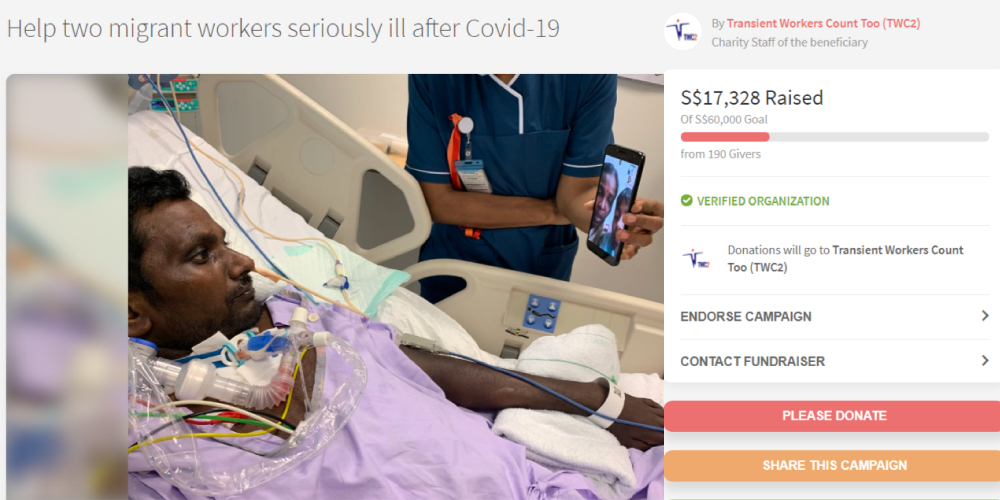Even as Singaporeans continue to simmer in the travel bans that have arisen as a result of the COVID-19 pandemic, many have tried to be creative with their holiday plans. Staycations have been booked out and novel ideas such as glamping in Jewel have been rolled out.
As news comes that the travel bubble with Hong Kong is yet again postponed, Singaporeans will be in need of more things to do in our little red dot. Yet, even as Singaporeans struggle to be entertained, comes news that a popular petting farm in Seletar is set to close to make way for more roads in Singapore.
Why close something that is educational and natural in a land that is already so overcrowded and squeezed?
In a time where people are learning to appreciate and discover the pleasures in their own country, why shut the Animal Resort which could provide so many families with an affordable day out?
Isn’t there utility in nature and animals that go beyond dollars and cents?
Authorities in Singapore have long since lamented the number of cars in Singapore. Isn’t the high number of cars justification for why the Certificate of Entitlement (COE) for car ownership is implemented in the first place? If so, why are we getting rid of nature to build more roads to facilitate even more cars?
Something does not quite add up.
Besides, it is also imperative to note that the Animal Resort is a homegrown business. In the wake of the economic downturn caused by the Coronavirus outbreak, shouldn’t the authorities do more to support local initiatives such as this? The Animal Resort is, after all, an entire family’s livelihood – something that is worth protecting.
Of course, no one is disputing that roads are necessary. But what are the considerations that have been made before a decision to uproot an entire family, a meaningful business and so many animals was made? To what extent has there been a cost/benefit analysis? Were the intangible benefits of a piece of nature in our city-state available to the average family considered?
2020 has been an unusual year – a year where Singaporeans have been forced to find entertainment within its island confines. The global downturn may also mean that many families may struggle to afford the overseas holidays they once took for granted.
The Animal Resort would therefore have been a business that could have found a niche in this new normal. Is this something that JTC Corporation, the new landlord for the area, and the National Parks Board (NParks), which manages the plot of land the farm occupies, as well as the Singapore Land Authority and the Building and Construction Authority (BCA) considered?
This isn’t just about a piece of land and one family. This is about an entire rethink of our values. If 2020 should have taught us anything is that we need to appreciate and cherish what is on our doorstep. It certainly shouldn’t be more of the same.








